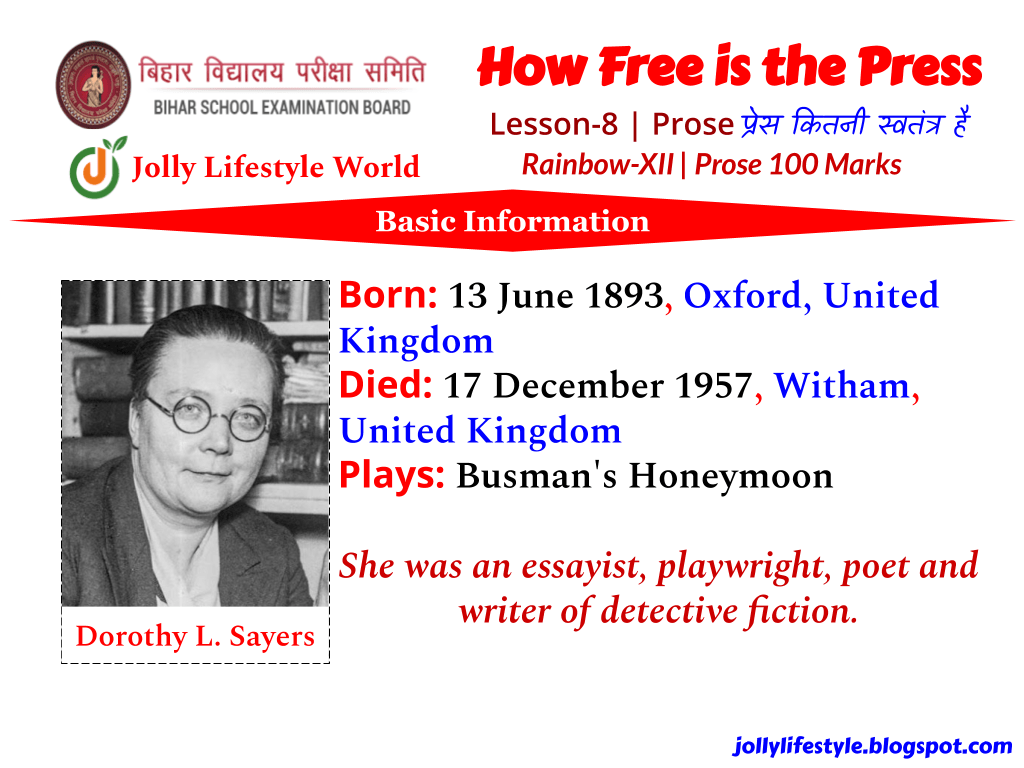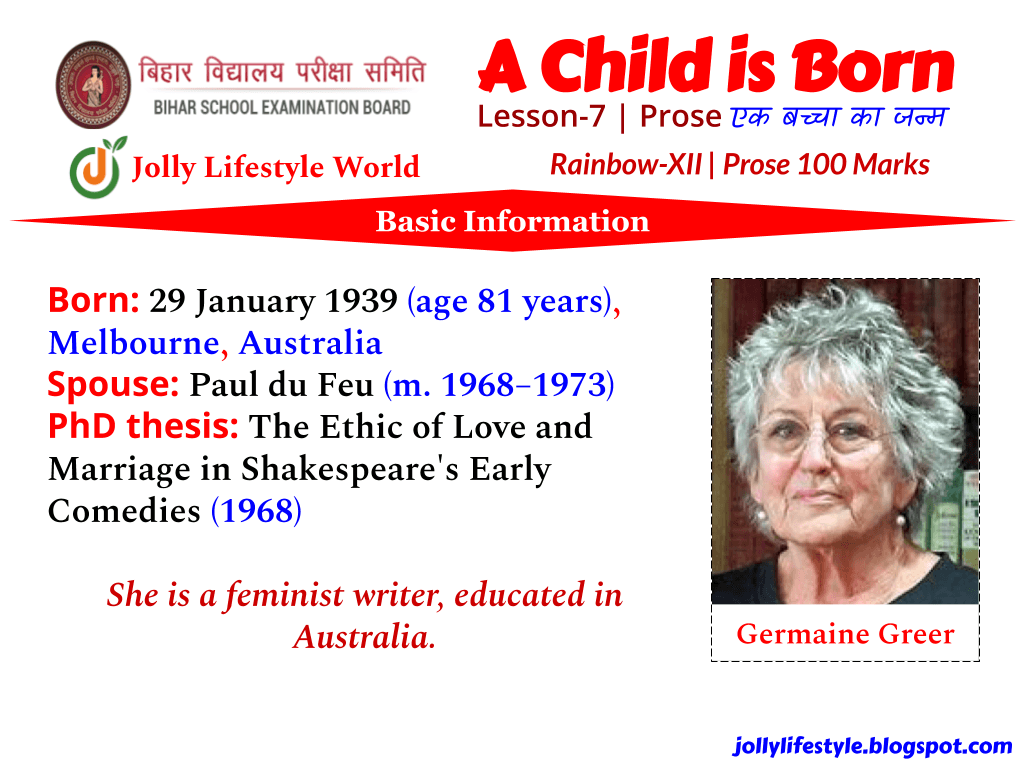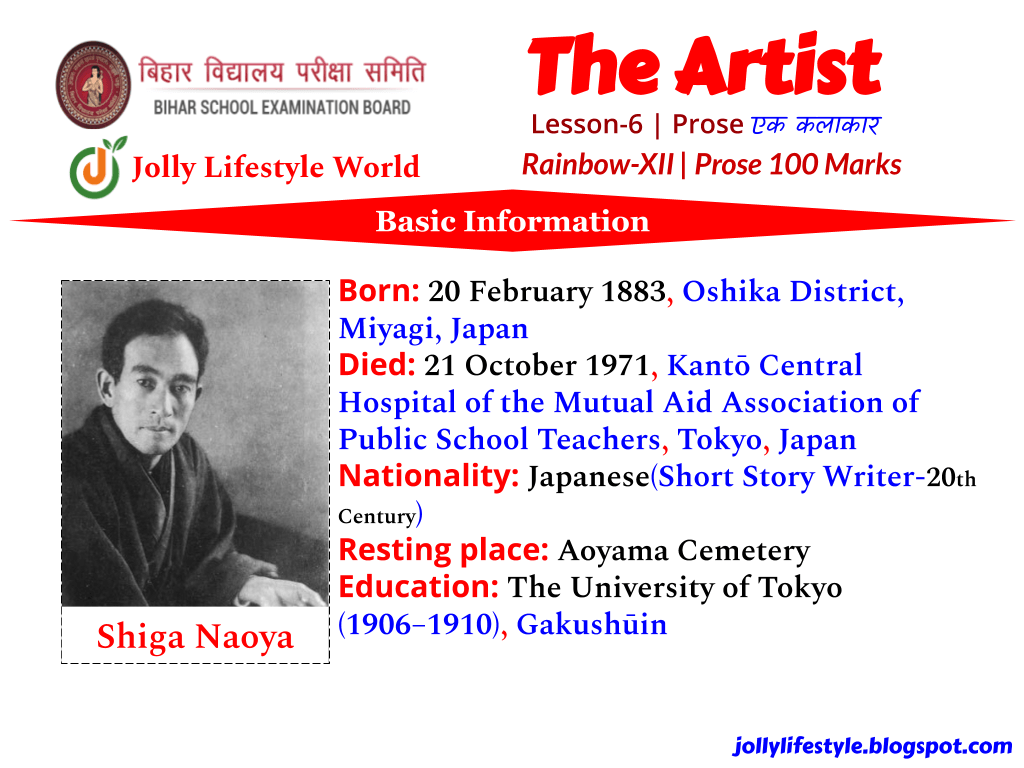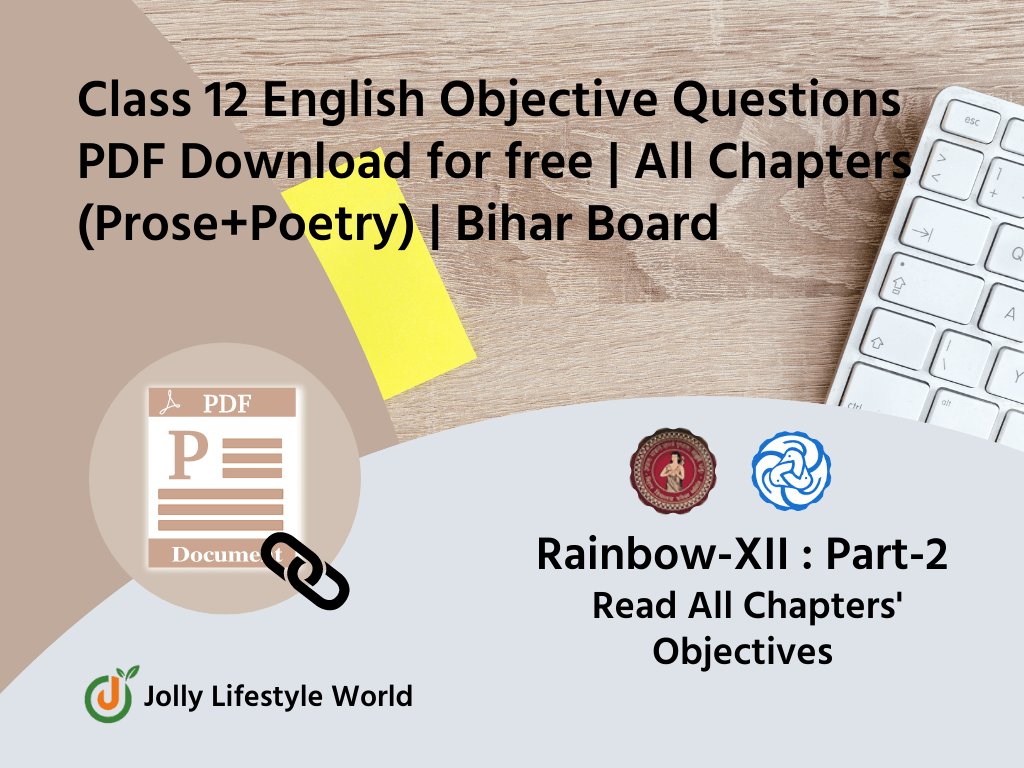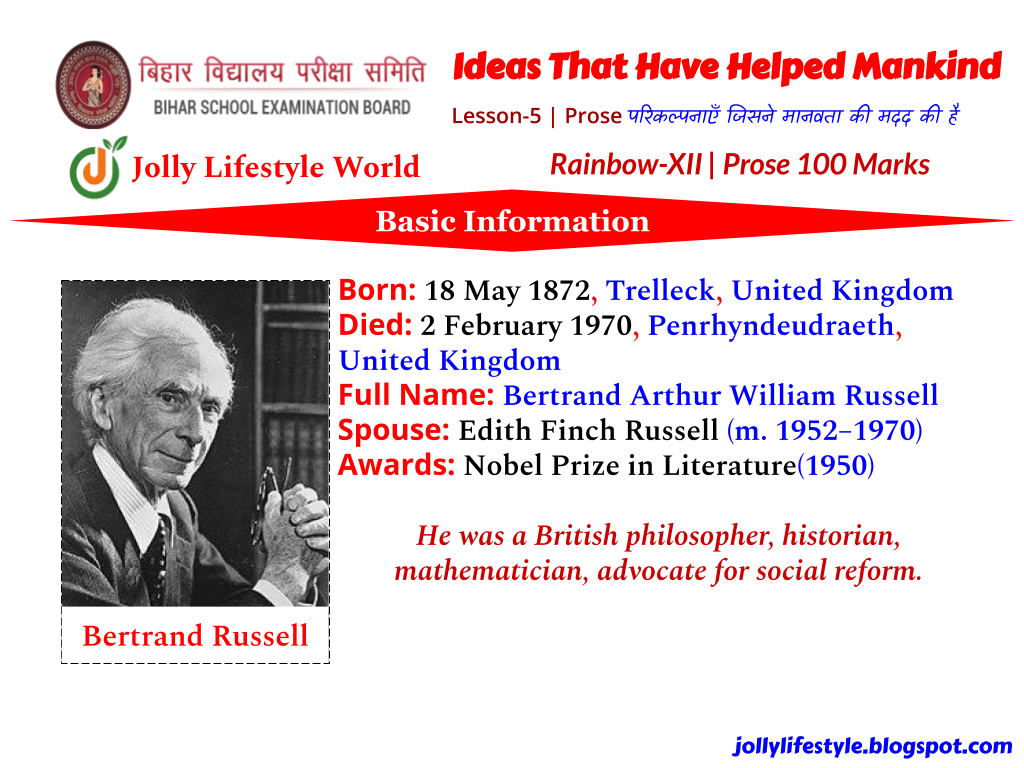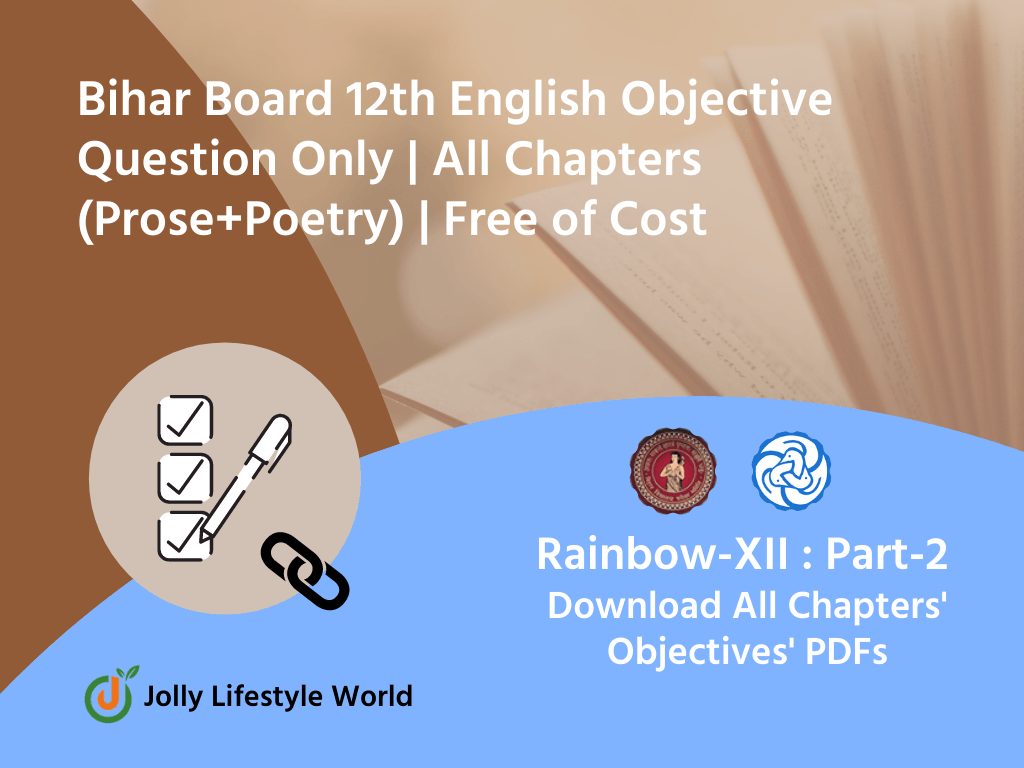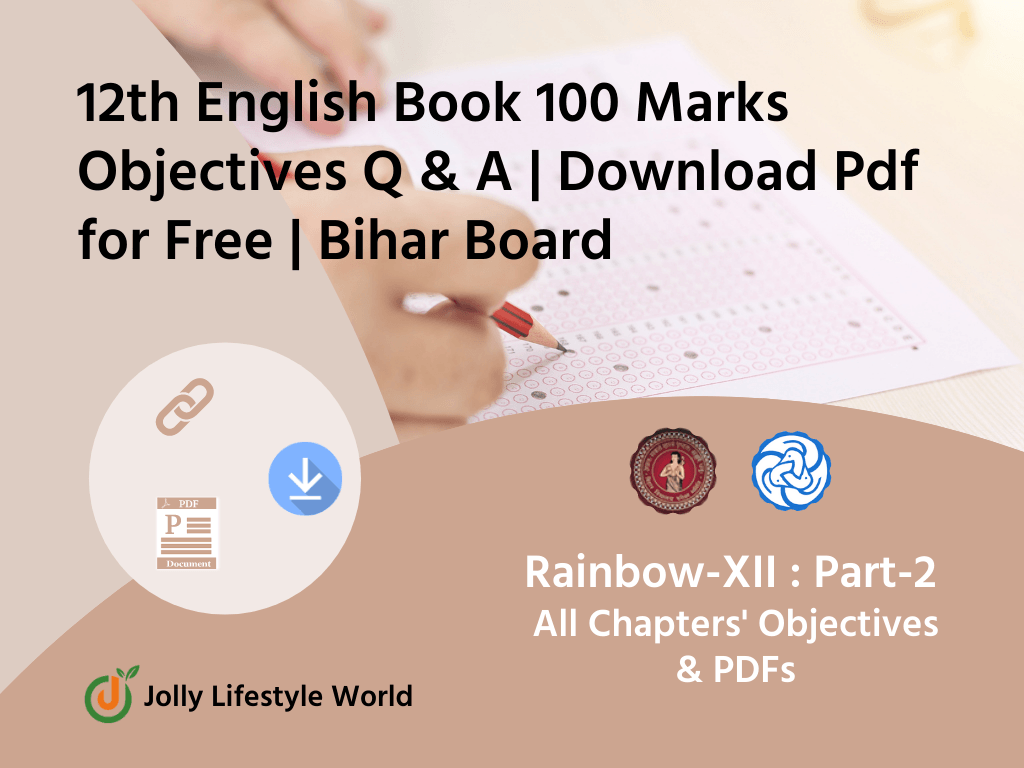Description
| Based Pattern | Bihar Board, Patna |
|---|---|
| Class | 12th |
| Stream | Arts (I.A.), Commerce (I.Com) & Science (I.Sc) |
| Subject | English (100 Marks) |
| Book | Rainbow-XII | Part- II |
| Type | Summary |
| Lesson | Prose-8 | How Free is the Press |
| Summary Type | Short Summary | 5-Marks |
| Price | Free of Cost |
| Script | In English & Hindi |
| Available On | NRB HINDI App |
| Published On | Jolly Lifestyle World |
How Free is the Press Summary
In English
It is a very few informative and thought-provoking essay by Dorothy L. Sayers on the freedom of the press. To her mind, there can be no free people without a free press but she also points out that the press enjoys freedom in a very restricted and technical sense.
The freedom of press generally refers to the freedom from direction or censorship of the government. The British press, in this sense, is singularly free in normal times. Only during the wartime, some sort of censorship is imposed.
The press is not as free as it is supposed to be. The editorial policy of a popular daily is controlled by two chief factors. The interest of the advertisers and the interest of its owner. No newspaper can go against them. The press also assumes that an average reader is not intelligent enough to distinguish truth from falsehood.
The press thus more than expressing public opinion tries to manufacture it. It also distorts facts by garbling gratuitous, miracle mongering, inaccurate reporting and sensationalism. So, every reader requires to be on his guard against these tactics of newspapers.
प्रेस कितनी स्वतंत्र हैं सारांश
हिंदी में
“प्रेस कितनी स्वतंत्र हैं“, डोरोथी एल. सायर्स द्वारा एक बहुत ही कम जानकारीपूर्ण और सोचा-समझा लिखा गया निबंध है। उनके अनुसार, स्वतंत्र प्रेस के बिना कोई व्यक्ति स्वतंत्र नहीं हो सकता है लेकिन वह यह भी बताती है कि प्रेस को बहुत ही प्रतिबंधित और तकनीकी अर्थों में स्वतंत्रता प्राप्त है।
प्रेस की स्वतंत्रता आम तौर पर सरकार की दिशा या सेंसरशिप से स्वतंत्रता को संदर्भित करती है। ब्रिटिश प्रेस, इस अर्थ में, सामान्य समय में विलक्षण(अकेले) रूप से स्वतंत्र है। केवल युद्ध के दौरान, किसी प्रकार की सेंसरशिप (अभिवेचन) लगाई जाती है।
प्रेस उतना स्वतंत्र नहीं है जितना माना जाता है। एक लोकप्रिय दैनिक की संपादकीय नीति दो मुख्य कारकों द्वारा नियंत्रित होती है। विज्ञापनदाताओं की रुचि और उसके मालिक के हित। कोई भी अखबार उनके खिलाफ नहीं जा सकता। प्रेस यह भी मानता है कि असत्य से सत्य को अलग करने के लिए एक औसत पाठक पर्याप्त बुद्धिमान नहीं है।
इस प्रकार जनता की राय व्यक्त करने से अधिक प्रेस इसे बनाने की कोशिश करता है। यह तथ्यों को तोड़-मरोड़कर, चमत्कार से छेड़छाड़, गलत रिपोर्टिंग और सनसनी घटनाओं से विकृत करता है। इसलिए, प्रत्येक पाठक को समाचार पत्रों की इन चालों के विरुद्ध अपने रक्षक की आवश्यकता होती है।

